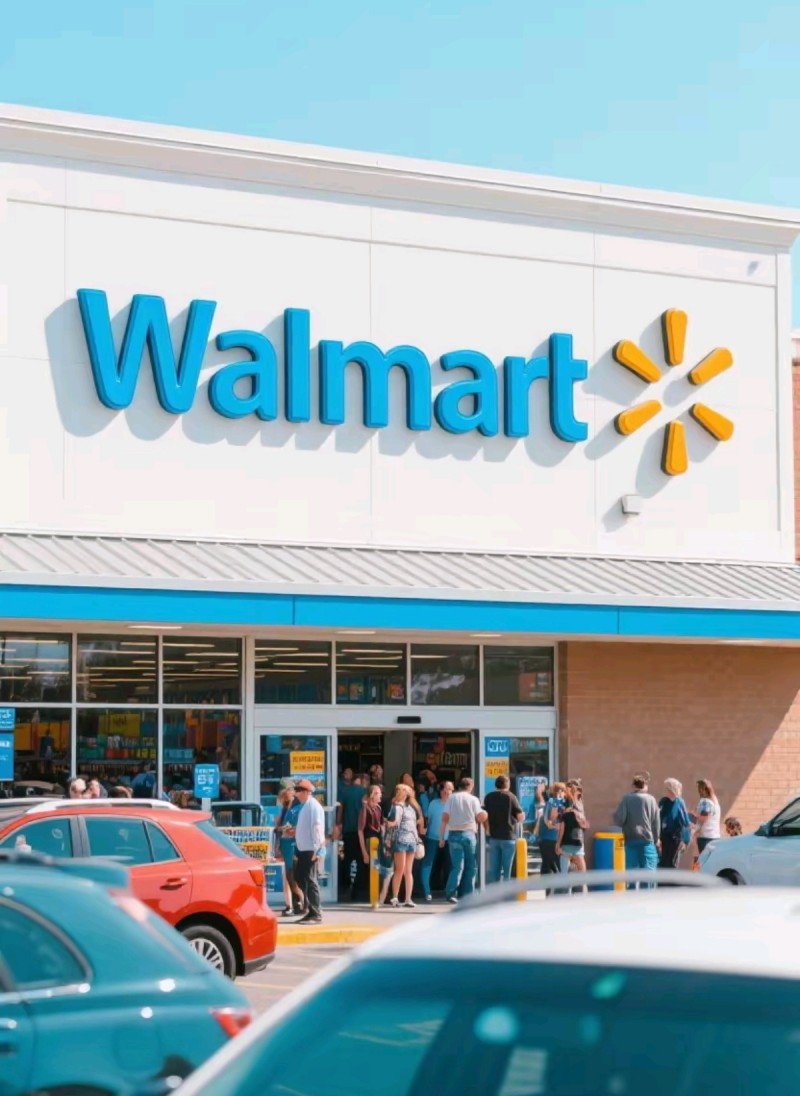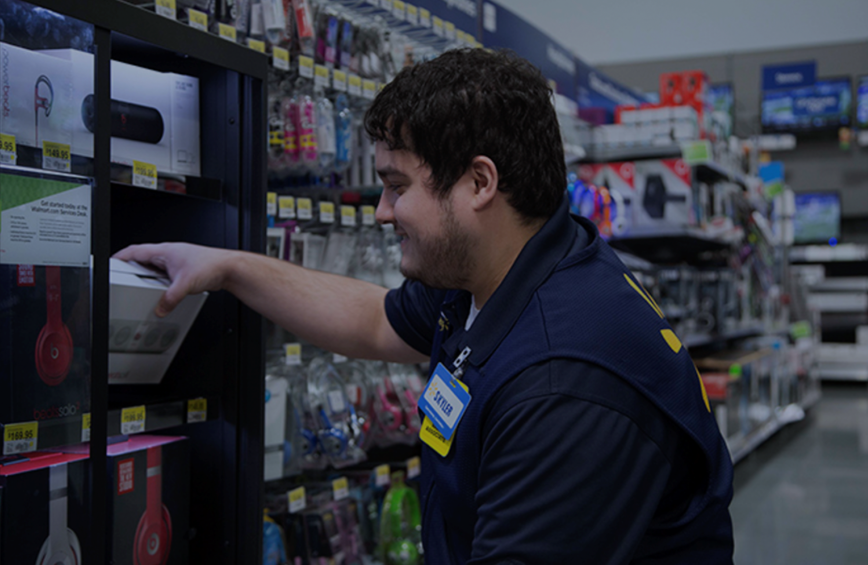In October 2025, retail giant Walmart entered into a deep partnership with global materials science company Avery Dennison, jointly launching an RFID technology solution specifically designed for fresh food. This innovation broke through the long-standing bottlenecks in the application of RFID technology in the fresh food sector, providing a strong impetus for the digital transformation and sustainable development of the food retail industry.

For a long time, the storage environment with high humidity and low temperature (such as refrigerated meat display cabinets) has been a major obstacle for the application of RFID technology in the tracking of fresh food. However, the solution jointly launched by the two parties has successfully overcome this technical challenge, making the comprehensive digital tracking of fresh food categories such as meat, baked goods, and cooked foods a reality. The tags equipped with this technology enable Walmart employees to manage inventory at an unprecedented speed and accuracy, monitor product freshness in real time, ensure adequate supply of products when customers need them, and formulate more reasonable price reduction strategies based on digital expiration date information, thereby reducing overstocked inventory.
From an industry value perspective, the implementation of this technology holds significant implications. For Walmart, it is a crucial step towards achieving its sustainable development goals – Walmart has committed to reducing the food waste rate in its global operations by 50% by 2030. Through automated identification at the product level, the efficiency of controlling the loss of fresh food has significantly improved, inventory management costs have been markedly reduced, and at the same time, customers can obtain fresh products more conveniently, optimizing the shopping experience. Christine Kief, Vice President of the Front-End Transformation Department of Walmart US, said: “Technology should make the lives of employees and customers more convenient. After reducing manual operations, employees can devote more time to the core task of serving customers.”

Ellidon has demonstrated its strong technological innovation capabilities in this collaboration. Not only has it provided a full-chain visibility and transparency for the food supply chain from the source to the store through its Optica solution product portfolio, but recently it has also launched the first RFID tag that has received the “Recyclability Design Certification” from the Plastic Recycling Association (APR). This tag adopts the independently developed CleanFlake bonding technology and combines advanced RFID functions. It can be easily separated during the mechanical recycling of PET plastic, solving the pollution problem of PET recycling in North America and providing a key support for the development of circular packaging.
Julie Vargas, Vice President and General Manager of Adlens Identity Recognition Solutions Company, emphasized that the collaboration between the two parties is a manifestation of the shared responsibility between humanity and the Earth – assigning a unique digital identity to each fresh product, which not only enhances inventory management efficiency but also reduces food waste at its source. Pascal Watelle, Vice President of Global Research and Sustainability of the Company’s Materials Group, also pointed out that the acquisition of the APR certification marks an important step for the enterprise in promoting the sustainable material transformation. In the future, Adlens will continue to support customers in achieving their recycling goals through innovation.
As a global leader in the industry, Avery Dennison’s business covers multiple fields such as retail, logistics, and pharmaceuticals. In 2024, its sales reached 8.8 billion US dollars, and it employed approximately 35,000 people in 50+ countries. Walmart, through 10,750 stores and e-commerce platforms in 19 countries, serves approximately 270 million customers every week. The cooperation model between the two parties not only sets a model for combining technological application and sustainable development in the food retail industry, but also indicates that with the reduction in the cost and enhanced versatility of RFID technology, its application in the food industry will accelerate and promote the entire industry to transform towards a more intelligent, efficient, and environmentally friendly direction.
Post time: Oct-10-2025





